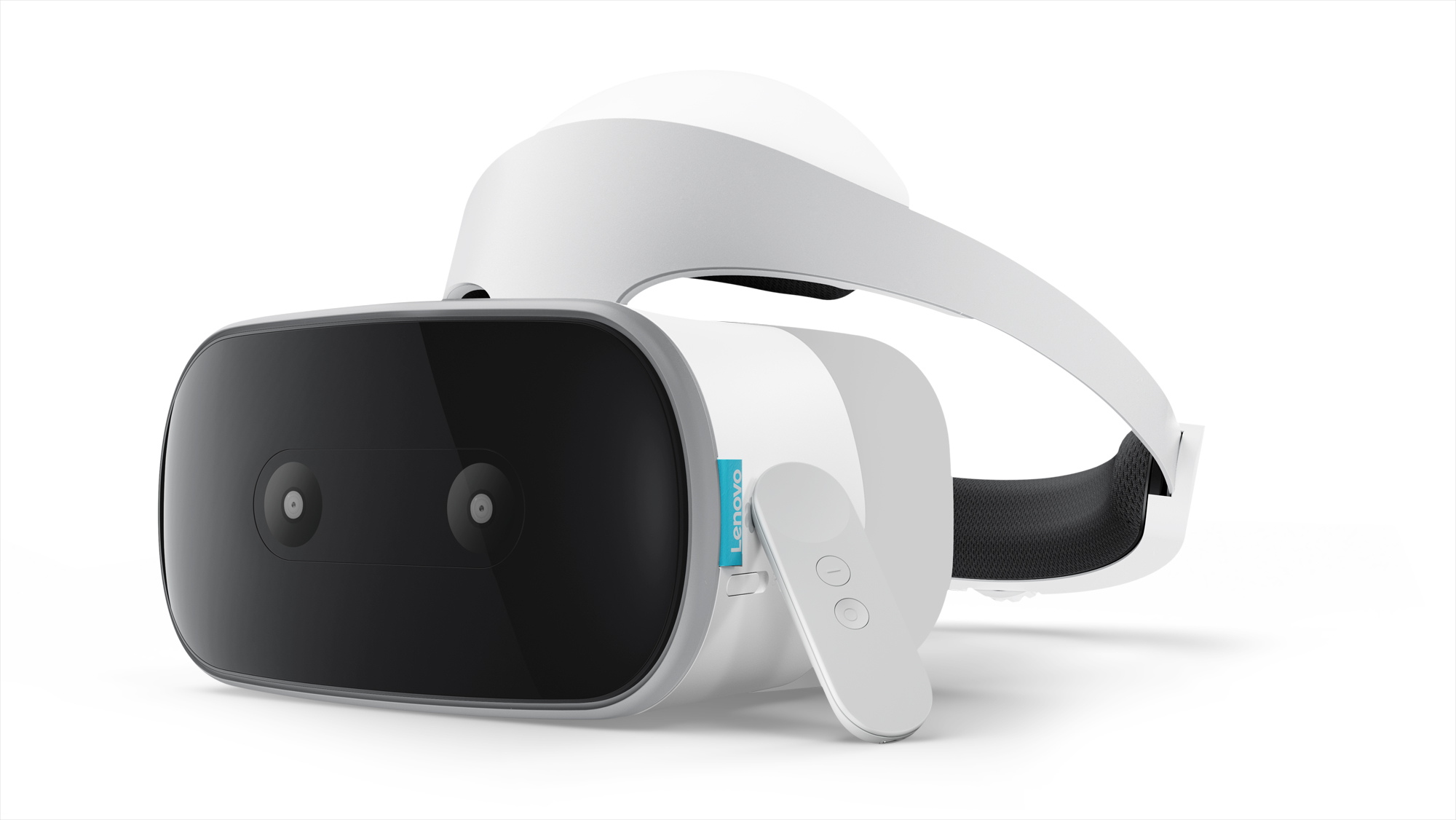Page Summary
-
Daydream Standalone headsets offer immersive, portable VR experiences with 6DoF tracking, eliminating the need for external sensors, phones, or PCs.
-
The Lenovo Mirage Solo, the first Daydream Standalone headset, features a Snapdragon 835 processor, WorldSense technology for precise tracking, and a high-resolution display.
-
Developers can create apps for Daydream Standalone using Android Studio, Android NDK, Unity, or Unreal.
-
Daydream Standalone headsets utilize WorldSense for sub-cm accuracy inside-out tracking and boast high-quality displays optimized for VR with enhanced resolution and a wider field of view.
Daydream Standalone headsets feature WorldSense, which provides 6DoF tracking (sometimes referred to as "inside-out tracking"), without the need for cables, phone or a PC. Daydream Standalone headsets deliver an immersive, portable VR experience without the complicated setup.
Key features:
- Increased processor and cooling performance, which means more powerful apps without thermal or other performance issues.
- WorldSense provides reliable 6DoF inside-out tracking at sub-cm accuracy.
- High quality, VR-optimized displays featuring greater resolution and higher FoV.
Lenovo Mirage Solo
The Lenovo Mirage Solo is the first Daydream Standalone headset. The Mirage Solo includes a 6DoF standalone headset and a Daydream controller.

Hardware Specs
| Controller | Daydream Controller |
|---|---|
| SoC | Snapdragon 835 |
| Storage | 64GB UFS |
| Display | VR optimized LCD display panel @ 75Hz |
| 2560x1440 panel resolution | |
| Approximately 110° FoV | |
| Camera | Dual Fisheye Tracking Cameras |
| IMU | Integrated Gyro, Accelerometer, and Magnetometer |
| Audio | Dual digital microphones |
| Memory | 4GB RAM |
| External ports | USB type-C (supporting gamepads, keyboards, audio, and storage) |
| 3.5mm headphone jack | |
| microSD card slot | |
| Battery | 4000mAh (14.8Wh) |
| Comfort | Forward-back eye-relief adjustment |
| Rear, ratchet-style adjustment |
Learn more
Take a look at our guides below to get started with the SDK on the platform of your choice.